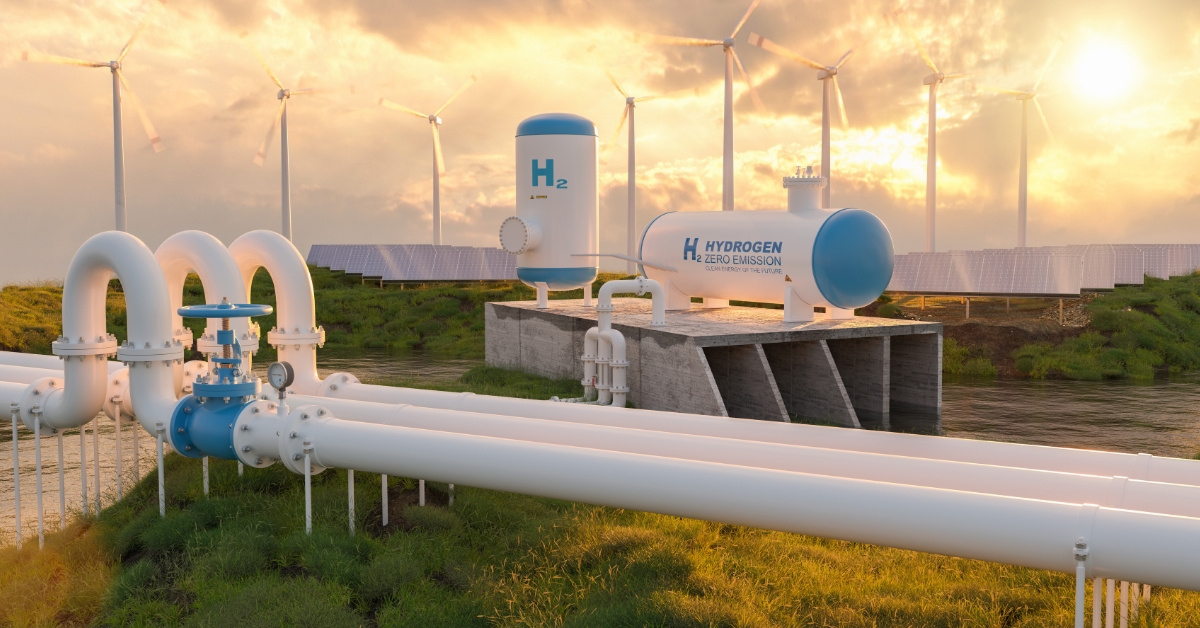The production of hydrogen for cars is gaining attention as a clean fuel alternative. This comprehensive article delves into the various production methods, advancements, and potential benefits of hydrogen in automotive applications.
Understanding Hydrogen as a Clean Fuel:
- Hydrogen is a clean and abundant element with high energy content and zero emissions when consumed.
- Its versatility and potential for reducing carbon emissions make it an attractive option for car propulsion.
As the world seeks cleaner and more sustainable alternatives to traditional fuels, hydrogen has emerged as a promising contender. With its abundance, high energy content, and zero emissions when consumed, hydrogen holds immense potential as a clean fuel for various applications, including transportation. Understanding the properties and benefits of hydrogen as a clean fuel is crucial in exploring its role in transitioning to a greener and more sustainable future. In this article, we delve into the concept of hydrogen as a clean fuel, its environmental advantages, and its transformative potential in the realm of transportation.
Steam Methane Reforming (SMR):
- Steam methane reforming is the dominant method for hydrogen production.
- High-temperature steam reacts with natural gas (methane), producing hydrogen gas and carbon dioxide as byproducts.
- SMR is currently cost-effective and widely used in industrial-scale hydrogen production.
Steam Methane Reforming (SMR) is a widely used and highly efficient process for producing hydrogen gas on a large scale. It plays a vital role in meeting the growing demand for hydrogen, particularly in industrial applications and as a feedstock for clean fuel production. SMR involves a series of chemical reactions that convert methane, the primary component of natural gas, into hydrogen and carbon dioxide. This article explores the intricacies of the SMR process, its significance in hydrogen production, and the environmental considerations associated with this widely employed method.
Electrolysis:
- Electrolysis involves splitting water molecules into hydrogen and oxygen using electricity.
- Renewable energy sources can power the process, making it a sustainable method.
- This approach holds potential for decentralized hydrogen production and integration with renewable energy systems.
Electrolysis is a fascinating and promising technology that harnesses the power of electricity to produce hydrogen gas from water. As the world seeks cleaner and more sustainable energy sources, electrolysis has gained significant attention as a key method for generating green hydrogen. This process involves splitting water molecules into hydrogen and oxygen through the application of an electric current. With its potential to utilize renewable energy sources and produce zero-emission hydrogen, electrolysis holds great promise in enabling the transition to a low-carbon future. In this article, we delve into the principles, different types, and applications of electrolysis, shedding light on its importance in the quest for clean energy solutions.
Biomass Gasification:
- Biomass gasification converts organic materials like agricultural waste into hydrogen gas.
- Through a thermochemical process, these materials are heated in the absence of oxygen, yielding hydrogen.
- Biomass gasification provides a renewable pathway for hydrogen production, utilizing waste materials and reducing emissions.
Biomass gasification is an innovative and environmentally friendly process that converts organic materials, such as agricultural residues, wood waste, and energy crops, into a versatile fuel known as synthesis gas or syngas. This renewable energy technology holds great potential for meeting our growing energy demands while reducing greenhouse gas emissions. Biomass gasification involves the partial combustion of biomass under controlled conditions, resulting in the production of a clean and energy-rich gas. This gas can be utilized for various applications, including electricity generation, heat production, and the production of biofuels and valuable chemicals. In this article, we explore the principles, benefits, challenges, and applications of biomass gasification, highlighting its role in promoting a sustainable and carbon-neutral energy future.
Advancements in Hydrogen Production:
- Ongoing research focuses on advancing hydrogen production technologies.
- Innovations include solar-powered electrolysis, photoelectrochemical cells, and biological and thermochemical reactions.
- These advancements aim to improve efficiency, lower costs, and minimize environmental impacts.
Advancements in hydrogen production have gained significant attention as we strive to transition to a more sustainable and clean energy future. Hydrogen, known for its versatility and potential as a carbon-free fuel, is increasingly being considered as a viable alternative to traditional fossil fuels. This has spurred research and development efforts to enhance and innovate hydrogen production technologies, aiming for improved efficiency, cost-effectiveness, and environmental sustainability. From electrolysis and steam methane reforming to biomass gasification and solar-driven processes, scientists and engineers are exploring new pathways and refining existing methods to scale up hydrogen production and make it economically viable. In this article, we delve into the exciting advancements in hydrogen production, highlighting key breakthroughs, emerging technologies, and their implications for a greener energy landscape.
Potential Benefits of Hydrogen for Cars:
- Hydrogen-powered vehicles offer zero emissions, longer driving ranges, and fast refueling times.
- They contribute to reducing dependence on fossil fuels, improving air quality, and mitigating climate change impacts.
The growing interest in sustainable transportation has led to a surge in exploring alternative fuels, and hydrogen is emerging as a promising contender. As an abundant element and versatile energy carrier, hydrogen has the potential to revolutionize the automotive industry by providing a clean and efficient fuel source for cars. This article explores the potential benefits of hydrogen for cars, ranging from reduced greenhouse gas emissions and improved air quality to enhanced energy security and fuel efficiency. We will delve into the advancements in hydrogen fuel cell technology, infrastructure development, and the potential challenges associated with widespread adoption. By understanding the advantages of hydrogen as a fuel for cars, we can gain valuable insights into its role in shaping a greener and more sustainable future of transportation.
Final Thoughts:
Hydrogen production for cars is a dynamic field with multiple production methods and ongoing advancements. The potential benefits, coupled with emerging technologies, make hydrogen an appealing option for sustainable transportation and a cleaner future.





